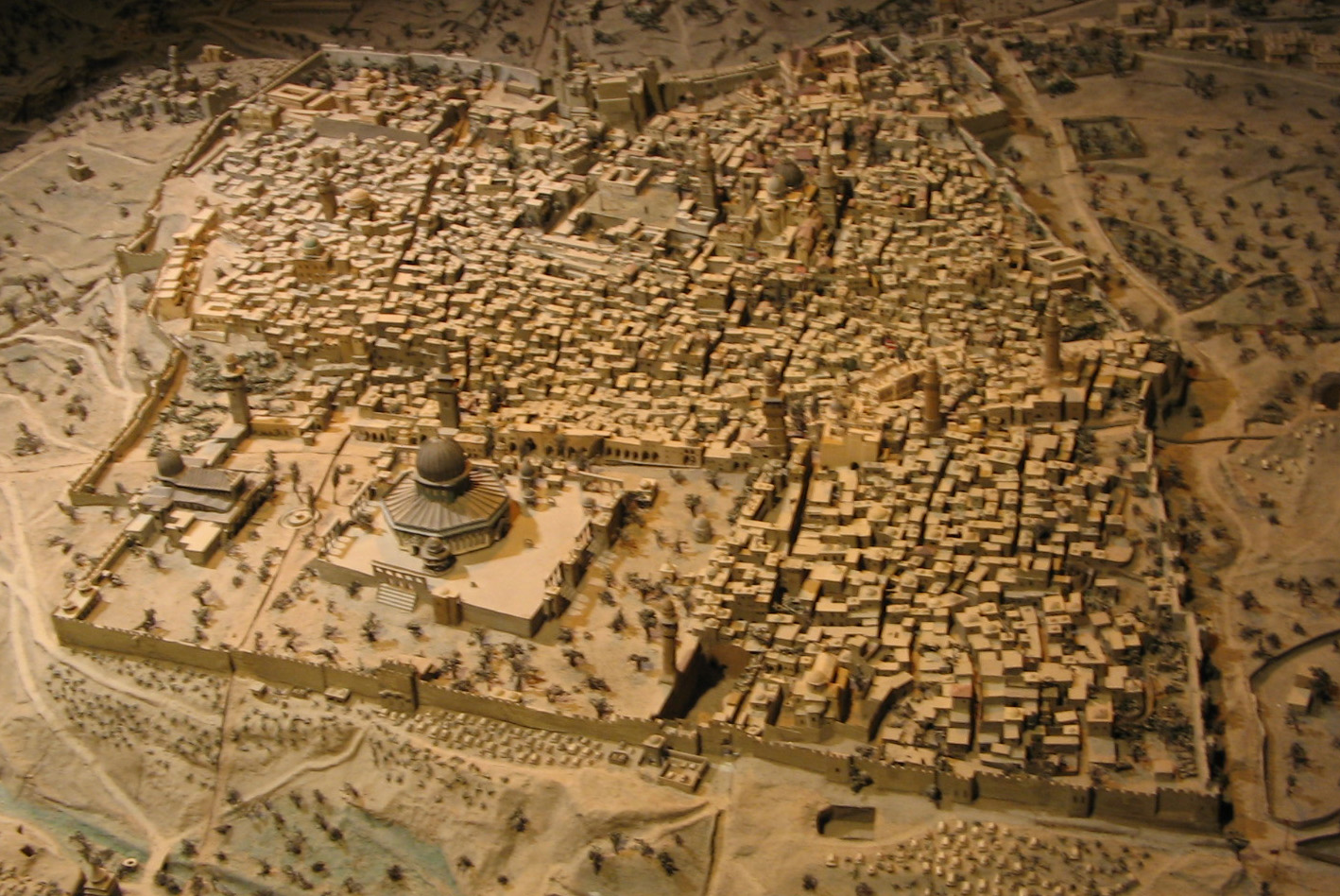The Jebusites, an ancient tribe with roots tracing back to Biblical times, were alternatively known as Jebus, Ijebus, or Ijebu people. Remarkably, their last settlements are currently located within the Federal Republic of Nigeria in West Africa. While it may be surprising to some that the Biblical Jebusites found their way to Nigeria, historical evidence supports this migration.
In this post, I aim to acquaint you with the Jebusites, or Jebus, as you may choose to refer to them. To delve into their history, we must go back to Genesis, where the book of Genesis provides insights into the Jebusites’ background. The narrative spans from Adam to Noah, and from Noah to his three sons: Ham, Shem, and Japheth (Genesis 5).
According to the historical account in Genesis 10, which details the descendants of the three sons of Noah, Ham’s lineage includes Jebusites. Jebusite is recognized as one of the sons of Canaan, who, in turn, is the son of Ham (Genesis 10). This genealogical information asserts that the three sons of Noah are the ancestors of all people on Earth.
For a comprehensive understanding of the Jebusites’ history, one must refer to Genesis 10, spanning from verses 1 to 32. This biblical account sheds light on the roots of the Jebusites and their place in the broader context of human ancestry.
“1. These are the descendants of Noah’s sons, Shem, Ham, and Japheth. These three had sons after the flood.
2. The sons of Japheth- Gomer, Magog, Madai, Javen, Tubal, Meshech, and Tiras- were the ancestors of the peoples who bear their names. 3. The descendants of Gomer were the people of Ashkenaz, Riphath, and Togarmah. 4. The descendants of Javan were the people of Elishah, Spain, Cyprus, and Rhodes; 5. They were the ancestors of the people who live along the coast and on the islands. These are the descendants of Japheth, living in their different tribes and countries, each group speaking its own language.
6. The sons of Ham- Cush, Egypt, Libya, and Canaan- were the ancestors of the peoples who bear their names. 7. The descendants of Cush were the people of Seba, Havilah, Sabtah, Raamah, and Sabteca. The descendants of Raamah were the people of Sheba and Dedan. 8. Cush had a son named Nimrod, wo became the world’s first great conqueror. 9. By the LORD’s help he was a great hunter, and that is why people say, “May the LORD make you as great a hunter as Nimrod!”.
10. At first his kingdom included Babylon, Erech, and Accad, all three of them in Babylonia. 11. From that land he went to Assyria and built the cities of Nineveh, Rehoboth Ir, Calah, and Resen, which is between Nineveh and the great city of Calah.”
Continue on Post 2.

